
The funding rounds attracted major investors including Kakao Games, Outlier Ventures, Tokocrypto, Master Ventures, Maven Capital, and Marshland. CEO Matthew Ainscow says the token “represents the next stage of Web3 engagement, making every interaction verifiable, measurable, and meaningful.”
What Makes Gacha Galaxy Different
Gacha Galaxy transforms how brands connect with users in decentralized ecosystems. The platform combines gamified quests with AI validation to ensure genuine participation. Users complete missions and interactive experiences that convert into $GG token rewards, but only for verified, authentic activity.
Since launching its mainnet in October 2024, the platform has attracted over 200,000 active users and generates more than 1 million weekly interactions. The ecosystem now includes 75+ partners such as Gate Wallet, OKX Wallet, and Base.
The platform features a Neo-Tokyo-themed digital city where each building represents a different brand or project. Users explore these virtual buildings, complete quests, and earn rewards including NFTs, tokens, and exclusive access to events. Unlike traditional quest platforms that simply ask users to follow social media accounts, Gacha Galaxy uses AI to verify that participants are real people engaging authentically.
The Bot Problem in Web3
Web3 quest platforms have become essential tools for blockchain projects trying to build communities. Major platforms like Galxe boast over 22 million active users, while Layer3 serves more than 1 million users across 25 blockchains. However, these platforms struggle with fake engagement.
Bots and dishonest users often complete simple tasks like social media follows or Discord joins just to farm rewards. This creates inflated metrics that don’t reflect real community interest. Projects waste money on user acquisition campaigns that attract reward hunters instead of genuine supporters.
Me3’s AI Engagement Layer addresses this by analyzing user behavior patterns to distinguish real participation from automated or low-effort activity. The system validates actions, personalizes experiences based on genuine interests, and generates insights about actual user engagement.
How AI Verification Works
The AI Engagement Layer operates across four core components. First, it validates that users are real people completing tasks authentically rather than bots or scripts. Second, it analyzes behavior patterns to personalize quest recommendations and rewards. Third, it generates actionable data about which campaigns drive real engagement. Fourth, it creates transparent attribution so brands can see exactly what they’re getting for their marketing spend.
This approach reflects broader trends in the AI and blockchain space. The combined market for these technologies is projected to exceed $703 million by 2025. Around 51% of blockchain business leaders now say optimizing AI operations is their top priority.
The integration makes sense for both technologies. Blockchain provides transparent, tamper-proof records while AI processes and validates massive amounts of user data. Together, they create systems where engagement is both verifiable and intelligent.
Strong Regional Backing
Kakao Games brings significant credibility as a strategic investor. The South Korean gaming giant operates Metabora, a Web3 gaming division, and was instrumental in creating the Kaia blockchain through a merger of Kakao’s Klaytn and LINE’s Finschia technologies. That merger created Asia’s largest Layer-1 blockchain by market value at approximately $940 million.
South Korean companies have taken aggressive positions in Web3 gaming compared to their Western counterparts. While American and Japanese studios test blockchain features with new intellectual properties, Korean giants are integrating Web3 into their most popular existing games and platforms.
Me3’s strategy focuses on Asian markets first before expanding to Europe and CIS regions. This makes sense given the strong crypto adoption and gaming culture across Asia, particularly in South Korea, Japan, and Southeast Asia.
The Retention Challenge
Web3 gaming and engagement platforms face a critical problem: user retention. Recent data shows that 60% of Web3 gamers stop playing within the first month. Industry leaders emphasize that games and platforms must be fun first, with tokenomics as a secondary layer.
Many Web3 projects that failed couldn’t create strong retention loops. They attracted users with reward promises but provided poor experiences that didn’t encourage people to stay. Me3’s gamified approach combined with AI verification aims to solve both sides of this equation—attracting users with rewards while ensuring only engaged participants receive them.
The company plans to commercialize its AI infrastructure through SaaS licensing, revenue sharing, and premium campaign services. Integrations are already underway with gaming studios, NFT ($0.00) platforms, and Web3 communities beyond the initial 75+ partners.
Token Launch and What’s Next
The upcoming $GG token launch will enable wider participation in the Gacha Galaxy reward ecosystem. Users, creators, and partner brands will be able to participate directly in AI-verified engagement economies through the token.
The rollout includes campaign activation tools and loyalty programs designed to strengthen user retention and partner integration. Me3 is also developing features that allow brands to create custom quests and track authentic engagement metrics in real-time.
For Web3 projects, this represents a potential solution to the constant challenge of building real communities rather than attracting temporary reward hunters. For users, it means rewards might actually go to people who genuinely care about projects rather than being diluted by bots and farmers.
The Path Forward
Me3 enters a competitive market with established players, but its AI verification angle addresses real pain points. Whether this approach can scale while maintaining accuracy remains to be seen. The company will need to prove that its AI can effectively distinguish authentic engagement from sophisticated farming tactics as the platform grows.
The $3 million in backing provides runway to develop the technology and expand partnerships. With 200,000 users already on the platform and strong strategic investors, Me3 has validated early product-market fit. The real test comes with the token launch and whether the AI Engagement Layer can deliver on its promise of making every interaction “verifiable, measurable, and meaningful” at scale.










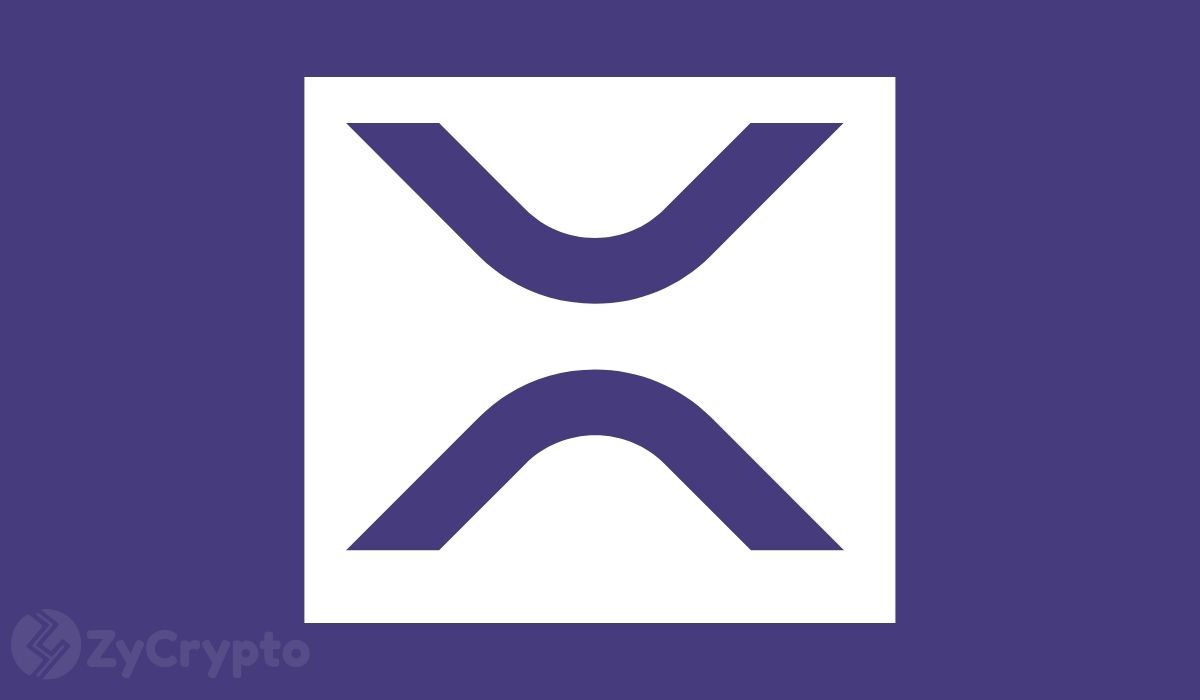


 24h Most Popular
24h Most Popular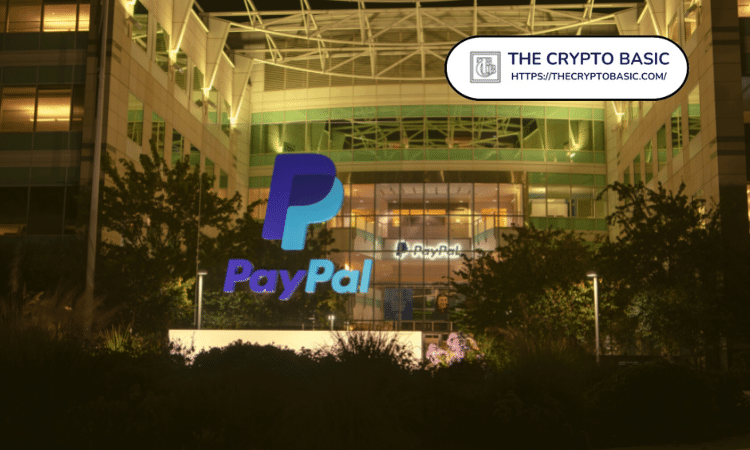


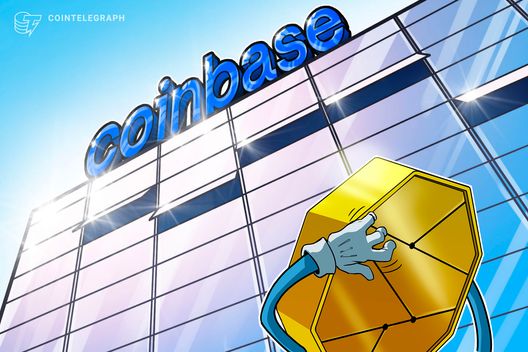

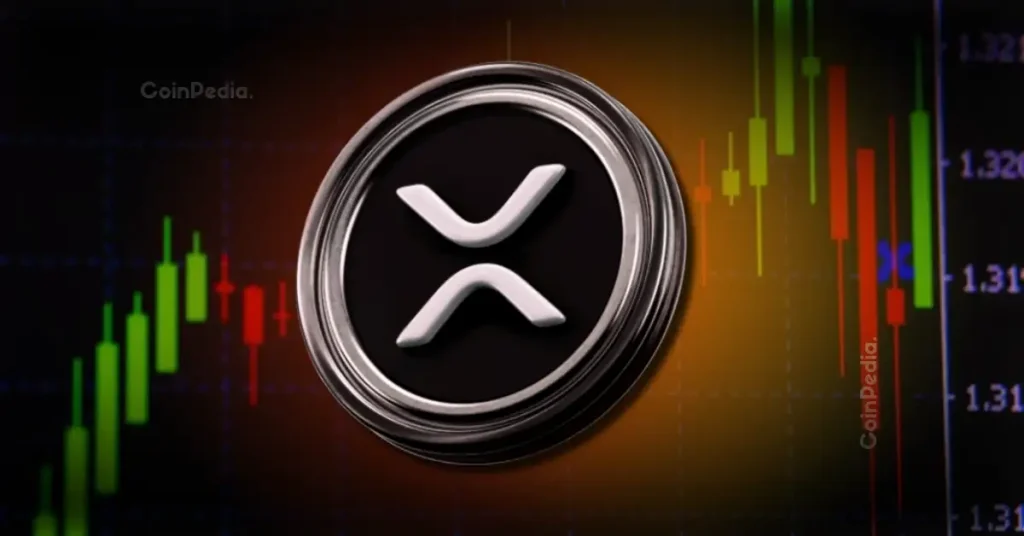
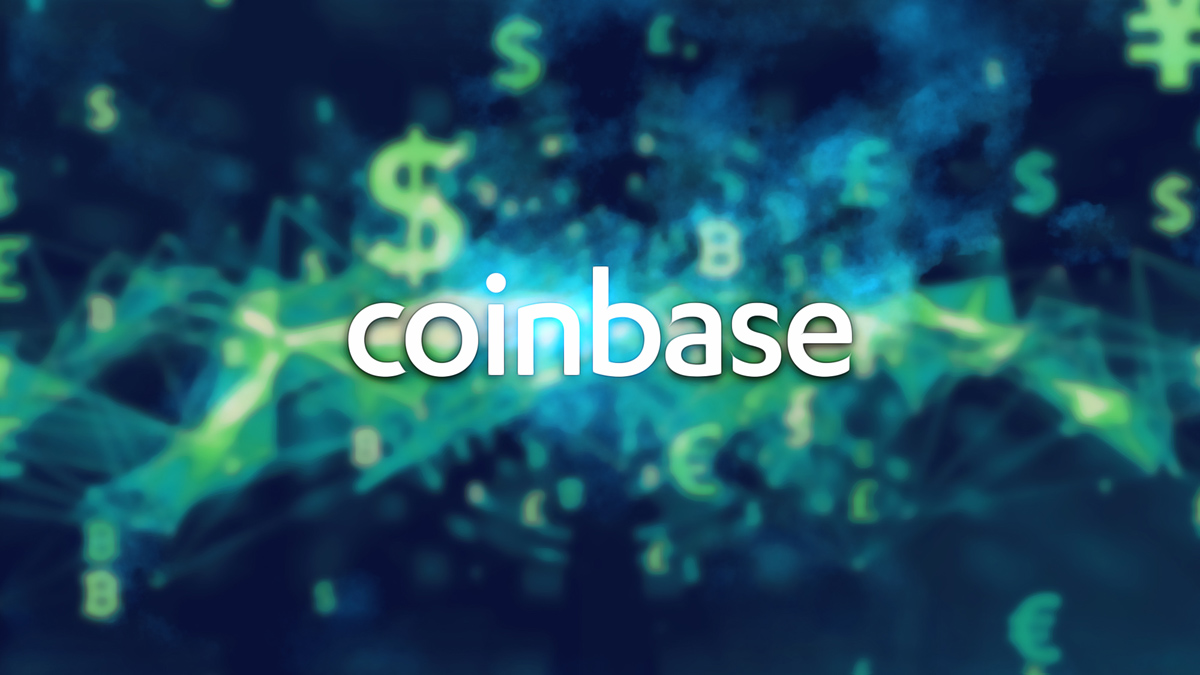
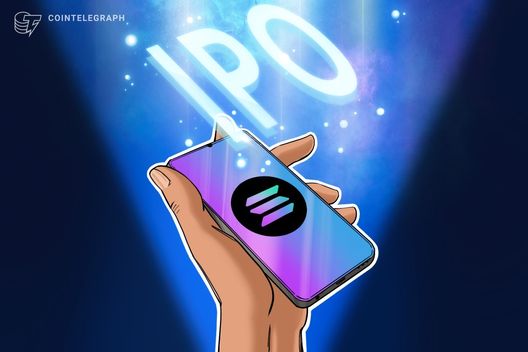
 Utilities
Utilities